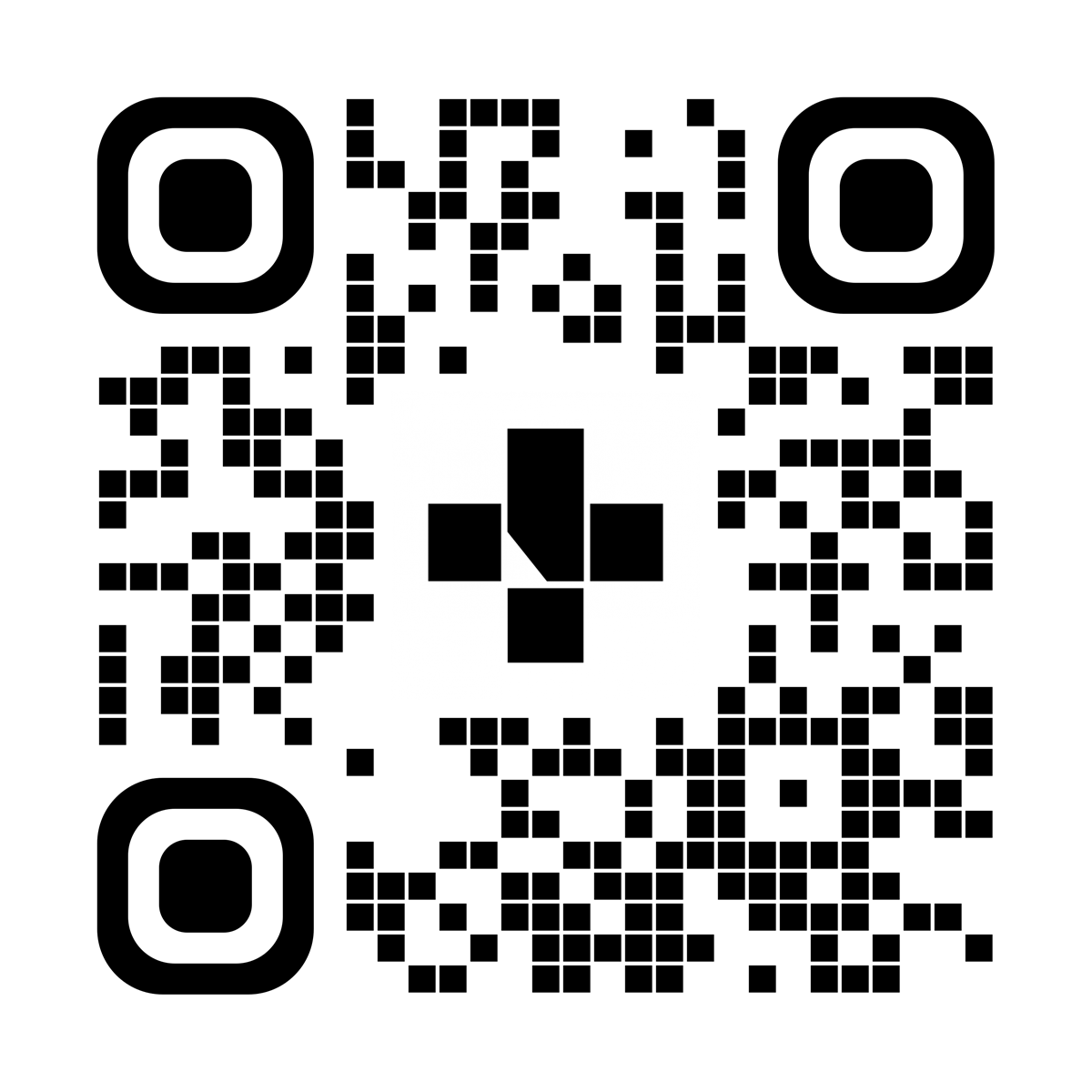Blood Transfusions
Learning about blood transfusion reactions
Transfusion reactions are rare. If they do happen, they most often happen during your blood or blood product transfusion or within 6 hours of your transfusion. In some rare cases, a transfusion reaction can happen 2 to 3 weeks after a transfusion.
Watch for symptoms that might be showing a transfusion reaction. If you begin to feel unwell, like having a fever, chills, muscle pain, or trouble breathing, you may be having a transfusion reaction.
You can have a transfusion reaction even if you have had transfusions in the past without a reaction.
| What should I watch for? | What should I do? |
- shortness of breath
- trouble breathing
- swelling in your lips or tongue
- wheezing in your chest
| Call 911 and tell them you recently had a blood transfusion. |
- feeling very unwell
- muscle pain
- yellow skin
- dark urine (pee)
| See your doctor right away or go to the nearest urgent care centre or emergency department. |
| Take your temperature and call Health Link at 811. |
- rash, hives, or itchy skin
| Call Health Link at 811. |
If you had any of these symptoms after your transfusion, tell your healthcare provider about it the next time you have a transfusion.
Follow your doctor’s instructions for any more blood tests or transfusions you may need. Be sure to make and go to all appointments, and call your doctor or Health Link at 811 if you are having problems. If your doctor did not give you any follow-up instructions, call them 1 to 3 days after your transfusion to see if you need more tests.
To see this information online and learn more, visit MyHealth.Alberta.ca/health/pages/conditions.aspx?Hwid=custom.ab_blood_transfusion_reactions_inst.

Related to Blood Transfusion Reactions
For 24/7 nurse advice and general health information call Health Link at 811.
Current as of: September 23, 2021
Author: Alberta Precision Laboratories (APL) Transfusion Medicine, Subsidiary of Alberta Health Services
This material is not a substitute for the advice of a qualified health professional. This material is intended for general information only and is provided on an "as is", "where is" basis. Although reasonable efforts were made to confirm the accuracy of the information, Alberta Health Services does not make any representation or warranty, express, implied or statutory, as to the accuracy, reliability, completeness, applicability or fitness for a particular purpose of such information. Alberta Health Services expressly disclaims all liability for the use of these materials, and for any claims, actions, demands or suits arising from such use.
